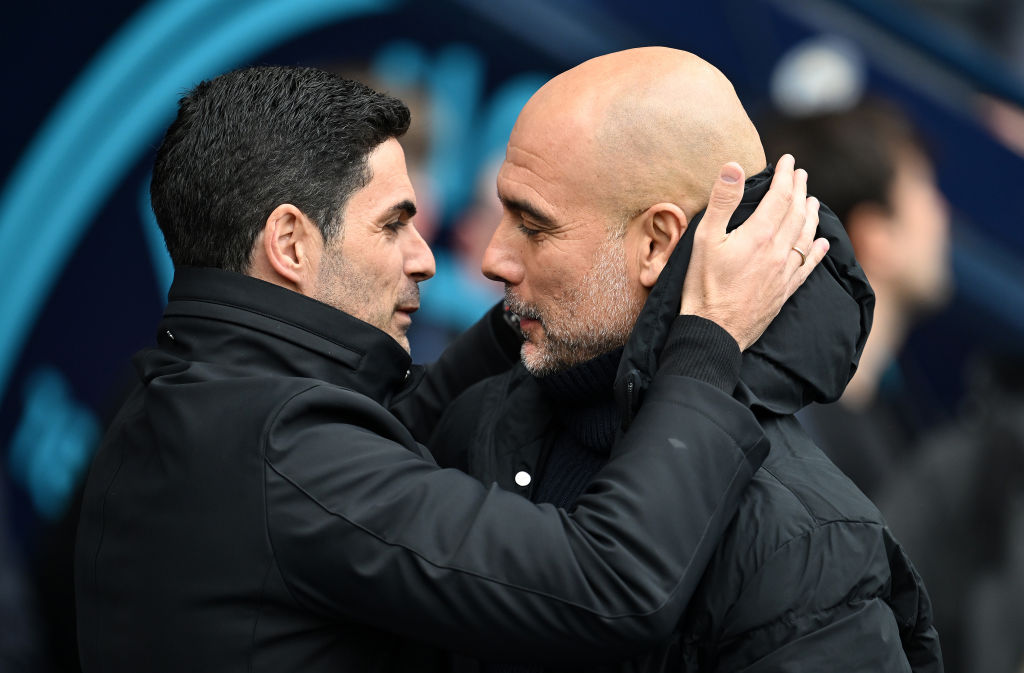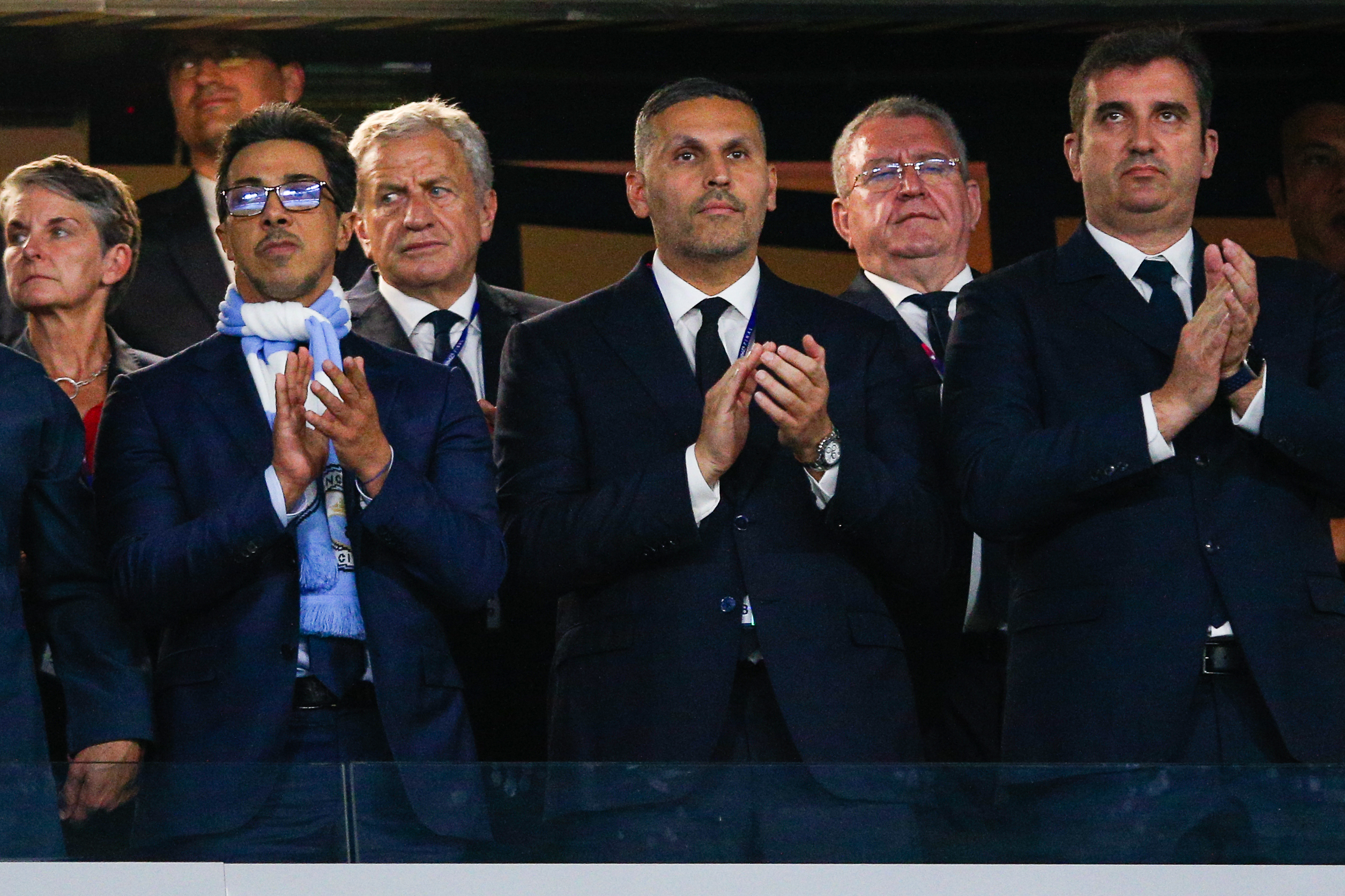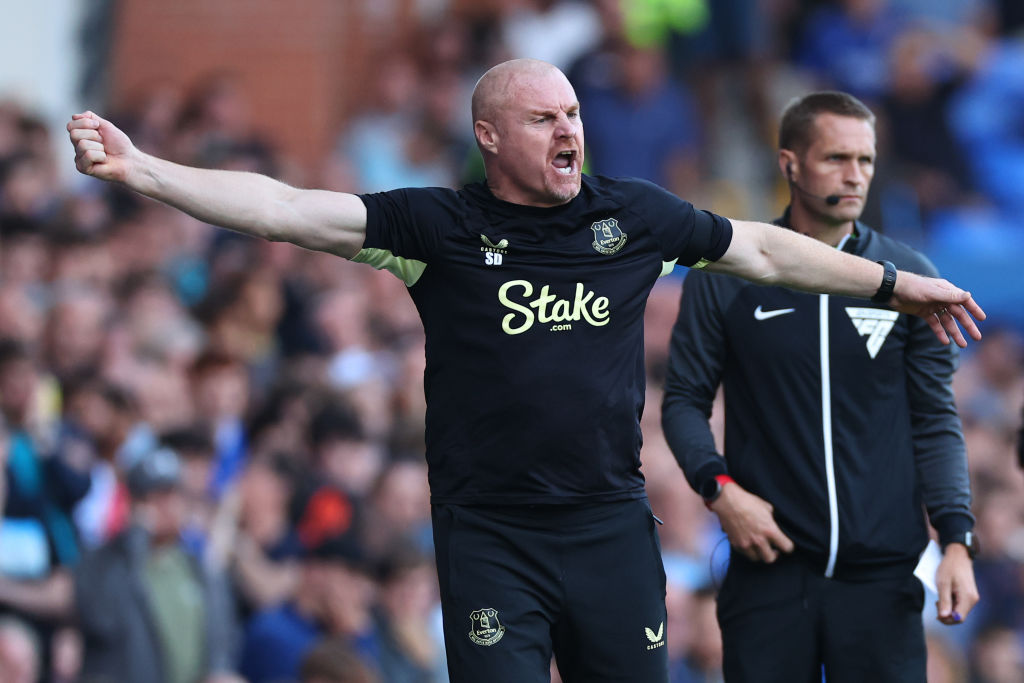
While Manchester City and the Premier League battle for bragging rights in their recent trial over associated party transactions (APTs), elements of the ruling may cause concern for top-tier stablemates Arsenal and Everton.
It first emerged a few weeks ago that the Premier League were set to drop the rules, with confirmation of the case result yesterday. The case itself centres on sponsorship deals between City, Etihad Airways and First Abu Dhabi Bank – the latter two companies having links to the club's ownership – which led to the Premier League blocking the proposed deals and the Manchester-based club claiming that blockage was unfair.
Exactly who has come out best from the trial is still up for debate, but clubs like Arsenal and Everton, who are not directly involved in the case, could wind up paying the highest price.
Why could Arsenal and Everton be affected by Manchester City’s trial?

One of the key rulings in the case was the rules around interest-free shareholder loans, which were deemed unlawful.
These are loans handed to clubs from their owners, without interest, which currently do not fall under the Premier League’s Profit and Sustainability Rules (PSR).

Unsurprisingly, City, due to the fact they have borrowed no money from their owners in this way, believe that such arrangements should fall under the APT rules, which is a point the tribunal agreed with.
It means that in the future, such loans could be counted towards PSR calculations. Another suggested change has been to apply commercial loan rates, around 5 per cent, to such loans, which again could see further costs added to a club’s balance sheet and impact PSR.
According to the i, of £4.8billion currently borrowed by Premier League clubs, £1.9billion comes from these types of loans with Everton (£451million), Brighton (£373million) and Arsenal (£259million) currently lending the most in this way.
Any change to the way interest-free shareholder loans are counted towards PSR, which this ruling could provoke, would dramatically affect the profits of these clubs, could limit spending and may force the sale of players to keep within the regulations.
VIDEO Why Enzo Maresca's Chelsea Are The Real Deal
Manchester City vs Premier League round one: Who won?
However, the dust is still settling on the judgment, and legal experts are still wrangling over precisely who won, so any substantial changes to the rules as a result may take some time.
Speaking to BBC Sport, Simon Leaf, head of sport at law firm Mishcon de Reya, said: “Whilst the decision will be embarrassing for the Premier League, because in a couple of narrow areas their rules have been found to be unlawful, generally speaking the decision confirms that the vast majority of the APT rules are indeed lawful.”
Alternatively, as quoted by the Manchester Evening News, partner at law firm Memery Crystal and football regulation expert Christopher Allen said: “In footballing terms, it feels very much like a Manchester City win, with the Premier League scoring a consolation goal.
“In other words, the aim and the principle of regulating APT is fine. The issue for the Premier League is that both of its attempts to date to bring in rules on the subject have been found unlawful.”







